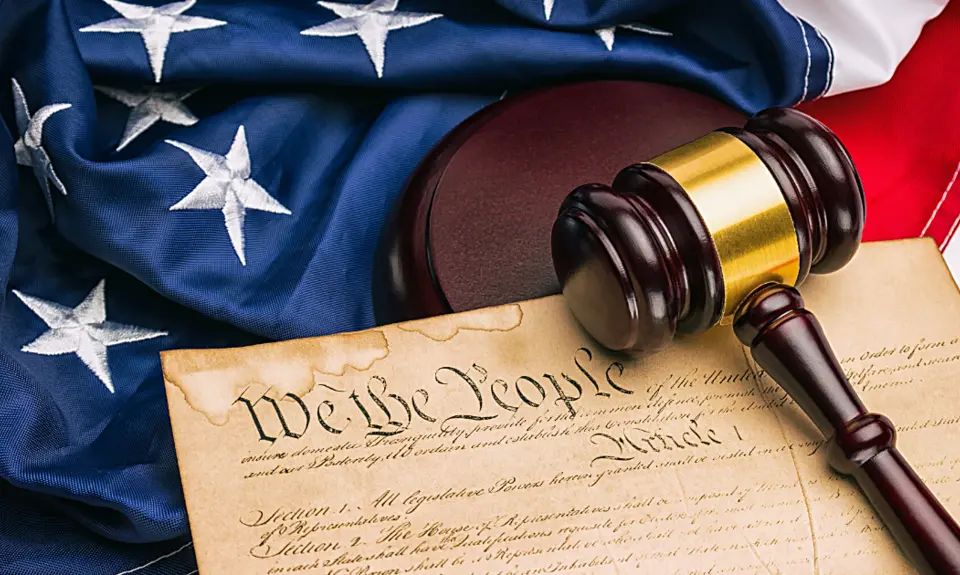Judge Lucy Koh, who was nominated by President Biden to the Ninth Circuit court of appeals, cast the deciding vote to reverse a lower court and rule that a federal prisoner could go forward with a claim for damages because of deliberate indifference to his serious medical needs. Judge Koh joined an opinion by Clinton nominee Richard Paez, to which George W Bush nominee Milan Smith dissented. The September 2024 decision was inWatanabe v Derr,
What happened in this case? ,
Kekai Watanabe is a prisoner in a federal detention center in Hawaii. He was “brutally assaulted during a gang-related fight” and “sustained severe injuries.” Instead of permitting him to be seen by a specialist or sending him to a hospital, however, prison officials sent him to solitary confinement and treated him with “nothing more” than over-the-counter pain medication, Seven months later, after denying repeated requests by Watanabe, prison officials ordered x-rays that showed that bone chips had entered part of his soft tissue and authorized his treatment by a specialist.
Watanabe wanted to sue prison officials for violating his constitutional rights by showing deliberate indifference to his serious medical needs. If he had been in a state prison, he could have sued under 42 USC 1983. But 1983 applies only to state and local government, not the federal government. As a result, he filed suit in federal court under the Supreme Court’s long-established Bivens doctrine, under which people can sue federal officials for damages for violating their constitutional rights. The lower court dismissed his claim, and he appealed to the Ninth Circuit.
How did Judge Koh and the Ninth Circuit Rule and Why is it Important?
Judge Koh cast the deciding vote in a 2-1 decision reversing the lower court and ruled that Watanabe could proceed with his claim. The majority noted that one of the few cases in which the Court had authorized a Bivens remedy was a1980 decision, Carlson v Green, “where the Court recognized an implied damages cause of action when prison officials failed to provide adequate medical treatment in violation of the Eighth Amendment.”
The lower court and the dissent maintained, however, that Watanabe’s claim was different than that in Carlson because that case involved mistreatment of a prisoner during a medical emergency that resulted in his death. The majority rejected that argument. Someone “need not suffer death or a life-threatening injury,” Judge Paez wrote, “for his claim to be sufficiently analogous to Carlson.” As previous cases had held, he went on, despite the “difference in degree,” the context is the same as long as the “underlying harm” remains “failure to provide medical attention evidencing deliberate indifference to serious medical needs.” That was clearly the case here, the majority concluded, so Watanabe was allowed to proceed with his claims.
The majority opinion made possible by Judge Koh is obviously important to Kekai Watanabe, who can now seek justice for officials’ deliberate indifference to his serious medical needs. It also sets an important precedent concerning people’s ability to bring claims against federal officials under Bivens, particularly in the Ninth Circuit, which includes California, Hawaii, Nevada, Oregon and Washington. In addition, the decision serves as a reminder of the importance of promptly confirming fair-minded judges to our federal courts.
